ADST created the Memoirs and Occasional Papers Series to preserve firsthand accounts, histories, and other informed observations on foreign affairs for scholars, journalists, and the general public.

This is a collective memoir of yesteryear when the Cold War was still icy. The Reagan-Gorbachev Arms Control Breakthrough analyzes the limitation of intermediate-range nuclear force missiles from the vantage point of history, drawing primarily on the reflections of the INF Treaty negotiators in 1988, immediately following the treaty’s completion and ratification, but also providing...
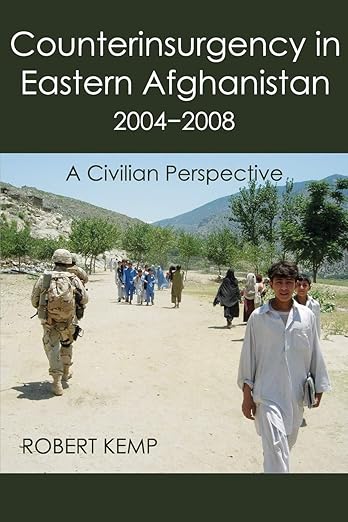
After the 2001 ouster of the Taliban from Afghanistan, the United States and its allies found themselves in a country devastated by a series of wars. This book looks at how, working with their Afghan counterparts, they engaged in a complex effort to rebuild security, development, and governance, all while...
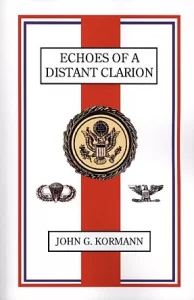
The life story of John Kormann, an adventurous diplomat, soldier, and intelligence officer, offers an inside view of significant events of the twentieth century. Following engaging boyhood experiences, paratrooper training, and combat in Europe in World War II, Special agent Kormann goes behind the lines to apprehend Nazi war criminals...

Embassy Kid: An American Foreign Service Family Memoir follows Robert and Nancy Amerson, a courageous couple from the American Heartland, and their two daughters as they carry out the mission of the US Information Agency to “win hearts and minds for democracy” in Latin America and Europe during the Cold...
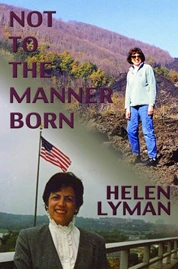
In 2001 Helen Lyman began writing about the more humorous incidents she witnessed as the wife of an American diplomat. She observed the overseas life with a somewhat detached and wry view, through the prism of someone who never thought of herself as being born to the trappings of diplomatic...

"Present At The Footnote: Personal Commentary on American Diplomacy" is a book by Henry E. Mattox, which compiles a collection of his personal essays, editorials, and commentary on American foreign policy that were originally published online on the journal "American Diplomacy" between 1996 and 2008; essentially offering an insider...
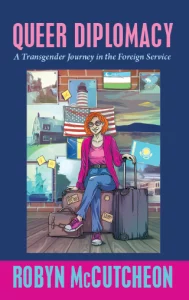
Join Robyn McCutcheon, an out and proud transgender woman, on her journey as a diplomat with the U.S. Department of State. Follow her on travels that took her through the Soviet Union as a historian, to the stars as an engineer in the Hubble Space Telescope project, and onward to...
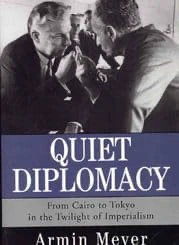
In Quiet Diplomacy, Armin Meyer recounts and analyzes the wide-ranging experiences and lessons learned in his remarkable life and extraordinary diplomatic career. He also offers valuable guidance for today’s diplomacy.
Ambassador Meyer’s distinguished public career spanned more than thirty tumultuous years of hot and cold war, beginning in World War...

Diplomats provide the first line of America’s defense as they formulate and implement our country’s foreign policy. Too often, the stories of their experiences and insights remain untold. In 2003 the Association for Diplomatic Studies and Training (ADST) created the Memoirs and Occasional Papers Series to preserve such firsthand accounts...
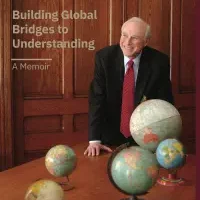
Curious about a senior American diplomat’s perspective on working for a U.S. Secretary of State and the inner workings of foreign policy?
Are you interested in what a diplomatic career and family life can look like? Or insights into the Vietnam war and lessons learned and not learned? Or insights...
